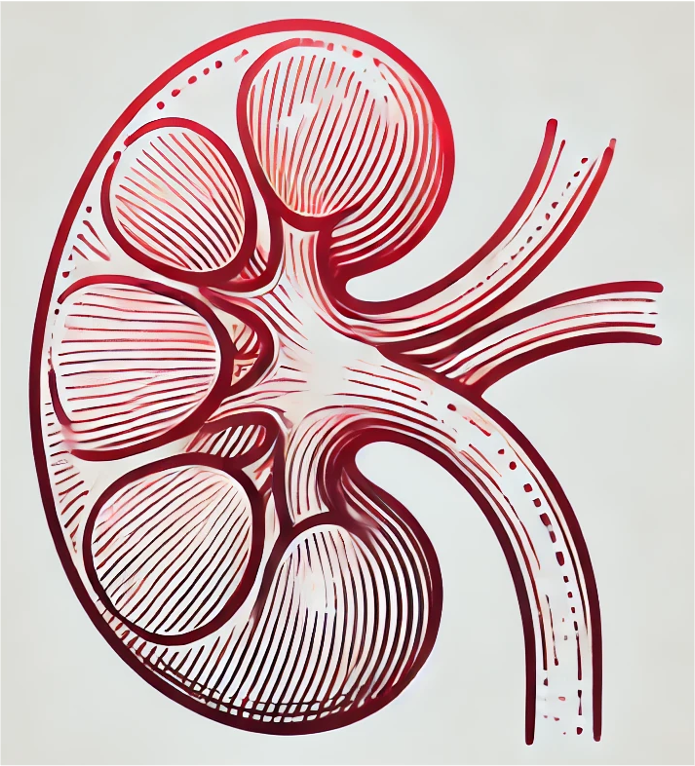Description
End-stage renal disease is a worldwide epidemic requiring renal replacement therapy. Harvesting tissue from failing kidneys and autotransplantation of expanded committed progenitors giving rise to renal parenchyma could theoretically allow for the restoration of kidney function delaying or preventing the need for dialysis or a renal allograft. Here we utilized healthy and end-stage human adult kidneys to robustly expand proliferative kidney epithelial cells and establish 3D-kidney epithelial cultures termed nephrospheres (nSPH). Formation of nephrospheres recapitulates renal developmental programs to reestablish renal identity and revitalize renal epithelia in primary cultures. Transplantation into NOD/SCID mice show that 3D-nSPH restore self-organogenetic properties lost in adherent cultures, allowing in turn efficient engraftment and long-term survival as tubular structures and demonstrating self-organization as critical to prolonged in vivo cell survival. Moreover, long-term tubular engraftment of human nSPH proved to be functionally beneficial in murine models of chronic kidney disease. Remarkably, in vitro, nSPH inhibited pro-fibrotic collagen production in cultured fibroblasts via paracrine modulation of STAT6/IL13 while in vivo, transplanted nSPH induced transcriptional signatures of proliferation and a release from the quiescent state in host tubules potentially re-activating endogenous regeneration. These data support the use of human nSPH for autologousrenal cell therapy.
Overall Design
Primary human kidney epithelial cells were compared to nephrospheres derived thereof from both healthy and sick individuals, with respect to global gene expression.
Curator
hy_li
